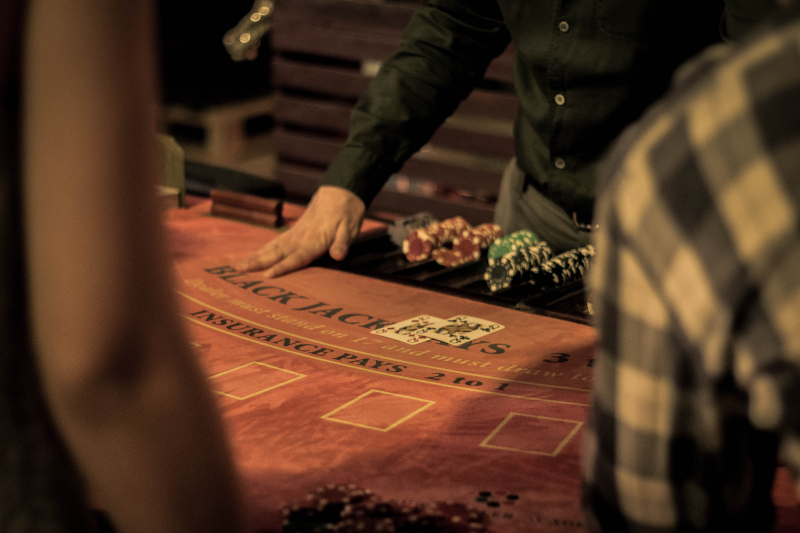Even though most casinos are officially banned in Russia, азарт (“azart”, from French hasard – chance, accident, luck) – that feeling of excitement you get when playing a game or placing a bet – is a word you’d probably hear every once in a while here.
The thing is, it’s not necessarily about gambling – Russians can experience this kind of excitement when it comes to basically anything. It can be caused by an argument between friends (“I bet you 500 rubles I’m right!”), a card game between family members (the most popular one is called Дурак (“Durak”, or “The Fool” – that’s what we call the one who loses in it), or by any other not exactly fascinating situation – not until you get that азарт feeling anyway.
In the 19th century, games of chance were quite popular in Russia. This phenomenon was largely reflected in literature. One of the most famous stories about it, The Queen of Spades, was written by Alexander Pushkin. A young man’s unreasonable passion with which he tries to find out the secret to winning a card game leads him to a terrible fate.
According to Yuri Lotman, a prominent researcher of cultural history, gambling in the early 19th century was one of the era’s key features. There was a certain philosophy behind it: these games and other risky activities challenge not only players and their skills but also their luck, the chance – stuff you can’t really control. I’d say that’s what led The Queen of Spades’ protagonist to his fate – he tried to eliminate the uncertainty, thus breaking the very core rule of the game, and he had to pay for it.

Credit: Jeremy Bezanger (@unarchive) on Unsplash.com
Lotman believes that people of that era had a soft place for gambling because the government and social systems back then made the personal lives of people strictly normalized and structured, so a psychological need for uncertainty appeared.
Gambling was also a big deal in more recent history – in the 1990s. After the fall of the Soviet Union, lots of casinos opened all over Russia. In that time, the opposite reasons made them popular: those were troubling times, both economically and socially, and gambling was a seemingly easy way to make money.
In different eras, the underlying reasons behind passion for gambling might have been different, but it seems that challenging the chance has always fascinated Russians. Sometimes it’s just nice to forget all about the “work hard” attitude and leave it up to fate.
Of course, there’s no need to do anything risky and bet actual money – as I’ve already said, you can experience азарт even by doing something quite innocent. Maybe ask your Russian friends to teach you how to play Дурак or arrange a board game night – challenge the Chance!
And in case you want to learn more about gambling in Russian culture, here are some classic novels covering this topic:
-
The Queen of Spades (1834) by Alexander Pushkin
-
A Hero of Our Time (1840) by Mikhail Lermontov (see “The Fatalist” chapter)
-
The Tambov Treasurer's Wife (1838) by Mikhail Lermontov
-
The Gambler (1866) by Fyodor Dostoevsky
-
War and Peace (1889) by Leo Tolstoy (see chapter XIII from the second volume).




